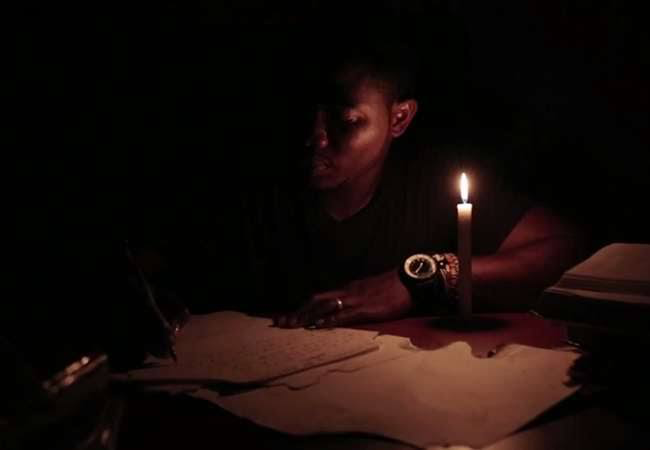Ghana is currently experiencing a severe electricity outages, which authorities attribute to a substantial gas shortage from Nigeria. This development marks yet another period of power instability in a region where such interruptions are becoming increasingly common.
The root of this latest energy crisis in Ghana has been linked to a reduction in gas supply, as stated by the West Africa Gas Pipeline Company (WAPCo). The company recently announced that the shortfall was due to necessary maintenance work by one of its gas suppliers, an activity expected to last three weeks. This maintenance is pivotal for the continued safe operation of the pipeline but has led to an immediate impact on Ghana’s power generation capabilities.
Both the Ghana Grid Company (GRIDCo) and the Electricity Company of Ghana (ECG) have acknowledged that the reduced gas supply has lessened the nation’s overall power generation capacity. This reduction may necessitate load management—commonly known as dumsor, akin to load shedding experienced in South Africa and Zambia—throughout the duration of the maintenance works.
In response to widespread concerns about the current outages, Ghana’s Minister of Energy, Dr. Matthew Opoku Prempeh, addressed Parliament this week. He vehemently denied that the ECG had officially implemented dumsor. Instead, he explained the outages as a consequence of overloaded transmission lines and transformers. Dr. Prempeh highlighted that many residential areas had evolved into business hubs, significantly increasing their power demands.
Despite these explanations, experts from Ghana’s Institute for Energy Security (IES) argue that the current predicament is not merely a result of the gas shortage. According to IES Research and Policy Analyst Xatse Derick Emmanuel, the energy crisis in Ghana predates the recent disruptions announced by WAPCo. He pointed out that Ghana has been wrestling with a power generation deficit of approximately 600MW since the beginning of the year, indicating deeper systemic issues within the energy sector.
Emmanuel stressed, “Ghana has been experiencing dumsor long before the recent gas supply challenges announced by WAPCo. Credible data available, representing total system power generation at peak periods (10pm), shows that Ghana has been experiencing power generation deficits throughout this year.”
Furthermore, projections from the Energy Commission report of 2024 estimate that Ghana’s system peak load will reach 3,788MW, marking a 4.7% increase from the current year. This anticipated rise underscores the critical need for adequate power generation capacity to meet growing demands. Any shortfall below this peak demand is likely to result in further instances of dumsor.
Addressing the underlying issues, Nana Amoasi IV, IES Executive Director, warned earlier this year that the ongoing power cuts might persist unless immediate and deliberate actions are taken to tackle the challenges related to installed capacity and fuel supply. He noted during a discussion on the Citi Breakfast Show on Citi FM that the reliability of fuel supply is closely linked to financial capability.
Amoasi pointed out, “Over the last 15 years or so, we have had issues with installed capacity but before the close of 2016, the past government confidently and adequately addressed the capacity issues. What was left was for us to ensure that we had handled the fuel supply issues.”
The financial strain on the ECG is also a significant concern, with reports indicating that the company owes over $1.7 billion to electricity suppliers. This debt could further complicate Ghana’s ability to stabilize its energy supply and address the ongoing crisis effectively.



